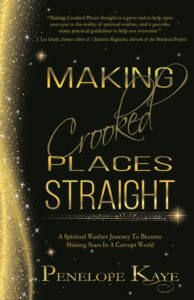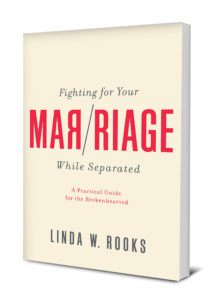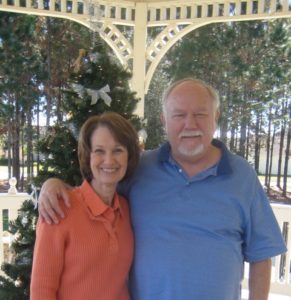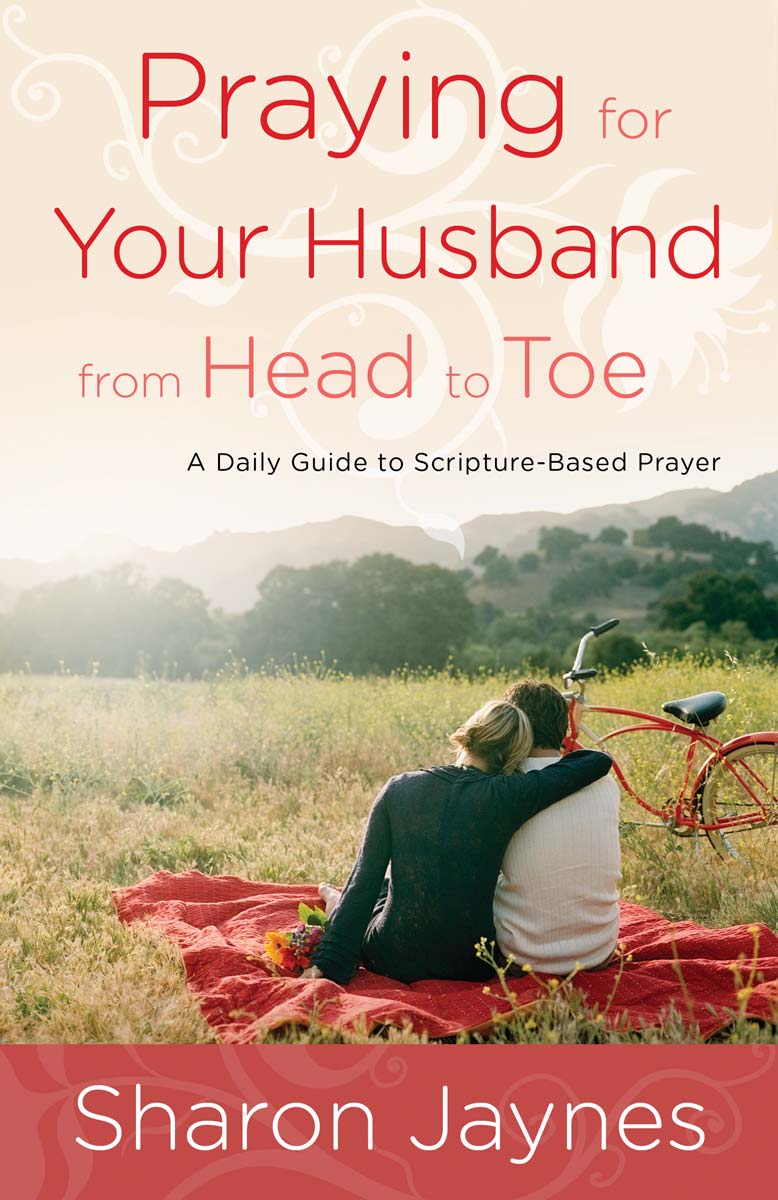 WE LIVE IN a challenging world. Temptations surround us. We struggle with what is right and what is wrong. When things work out differently than what we wanted and expected, we’re confused and overwhelmed. Where does this chaos come from? In her book, Making Crooked Places Straight, author Penelope Kaye takes readers on a deep dive into a subject most of us know little about by opening our eyes to what she believes may be a disruptive force in our lives.
WE LIVE IN a challenging world. Temptations surround us. We struggle with what is right and what is wrong. When things work out differently than what we wanted and expected, we’re confused and overwhelmed. Where does this chaos come from? In her book, Making Crooked Places Straight, author Penelope Kaye takes readers on a deep dive into a subject most of us know little about by opening our eyes to what she believes may be a disruptive force in our lives.
Linda: How would you describe the theme of your book Making Crooked Places Straight?
Penelope: Making Crooked Places Straight has a dual purpose—first, as a spiritual warfare training manual, and second, as an exposé of the perverse spirit—how it works in the lives of believers and how to walk in victory over it.
Linda: That’s a rather startling concept—the perverse spirit at work in Christians. Can you expound on it?
Penelope: Absolutely. Anytime we hear the word perverse, our mind immediately goes to sexual perversion, the homosexual agenda, etc. However, Scripture paints a different picture. The majority of the original Hebrew and Greek word meanings have little to do with sexual perversion. Only 51 verses have a form of the word perverse, but there are 19 different root word meanings, and only two of them refer to moral deficiency. The enemy has bamboozled us into thinking the perverse spirit is all about deviant sex, when in fact, the ramifications of this very crooked spirit can affect all areas of our lives, including the church.
Linda: How does that look in our daily lives then? Do you have an example?
Penelope: Sure. One of the Hebrew meanings for perverse means to rush headlong into. Think of all the impulse decisions we make, especially concerning our finances. Even more tragic are deadly road rage incidents.
Another definition includes the idea of turned upside down. In my case, I was fired from my job. Lies and baseless accusations out of my supervisor’s mouth ended my employment. Completely illegal, immoral, and unethical. And in that season of my life, God’s plans and purposes for me turned upside down.
Based on my research and experience, I believe the spiritual force behind these examples and more is the perverse spirit.
Linda: Are you implying that a perverse spirit can be the spiritual force behind our words?
Penelope: Exactly. Remember, Proverbs states “death and life are in the power of the tongue.” (see Proverbs 18:21) In Chapter Two of my book, I devote a large section to the devastation a perverse spirit wreaks on relationships through words. Especially in marriages and families.
Several original meanings have to do with turn about or turn to the contrary. I can’t tell you how many times in my marriage that the perverse spirit turned our words every which way but the right way. I’m sure many in your community have their own horror stories to tell about innocent conversations turning into nightmares.
Linda: What made you want to write this book?
Penelope: I never wanted to write about the perverse spirit. However, one day I was praying for my troubled marriage, and the Lord said to read Psalm 101. One of the verses states: “A perverse heart shall depart from me, and I will not know wickedness.” I realized God was saying a perverse spirit was at work in my marriage, but I was under too much oppression to deal with it.
A year later, my husband left me. I remembered the verse and decided to do a word study on it so I could “know my enemy” so to speak. It was a mind-boggling, eye-opening journey, to say the least. However, the spiritual warfare and backlash that came against me was so intense that I put the study in the closet and left it there for 18 years.
A friend of mine was insistent that it needed to be in a book, but I kept resisting and basically ignoring her. God eventually began to get through to me that it was time to put it in book form. So it took about 9 months, but then it sat in the closet for 8 years.
I just didn’t think anyone would want to read about a perverse spirit, let alone find a publisher who would get it into print.
One fall day, I met a friend of one of my dear friends. Lo and behold, she began talking about the perverse spirit. My friend and I looked at each other and then shared about my book. This woman looked at me, pointed her finger, and told me God wanted that book out NOW! I almost stood up and saluted because I knew it was a command from the Lord.
I came home, did some major editing, pitched it to one acquisitions editor at a Christian writers conference, and his publishing house later offered me a contract.
There’s a whole lot more about this in my book, but that’s the abbreviated version.
Linda: You mentioned Chapter Two, “Uncovering the Dragon,” a little earlier. Tell me, why is it so long?
Penelope: It is long! Chapter Two includes the definitions of the original Hebrew and Greek root words, explanations in practical terms, real-life personal examples (including events in my life), and prayers. With nineteen different root word meanings in the original languages and several definitions within those meaning, a lot of ground had to get covered in Chapter Two.
To make it easier to digest, I broke the chapter into numerous sections with different subtitles. I also wrote prayers after each section to help readers on their paths to making crooked places straight.
Linda: That’s interesting that you added prayers after each section. By your doing that, I can see how necessary you feel prayer is in overcoming this.
Penelope: Without a doubt. I realized early in Chapter Two that one nice, neat prayer tied up with a bow at the end of the chapter wasn’t going to cut it. Because the more a reader understands how the perverse spirit works in his/her life, the more shocking that revelation is. It was important to me to provide spiritual guidance with prayer all throughout the book.
Linda: You also used a lot of scripture in your book. Can you tell us why you used so many different scriptural references?
Penelope: When I first began the manuscript, I actually didn’t include many verses. About halfway through Chapter Two, I realized that many Christians would have a hard time believing what they were reading simply because no one has written anything in depth about the perverse spirit. Consequently, I had a strong inner conviction to have as much biblical support as possible to back up what I was presenting. I went back through the manuscript to add appropriate scriptures and continued to as I moved forward with the project. The finished work has over 250 verses in the book. As a bonus, an appendix in the back lists all of the verses either quoted or referenced.
Linda: Tell us about the chapter on weapons.
Penelope: One of my favorite chapters! To put it bluntly, what’s the use of uncovering the dragon if you can’t slay him and walk in victory? My absolute favorite spiritual activity is spending time with the Lord in worship, prayer, and his word. My second favorite spiritual pastime is beating up the enemy and enforcing our victory through the blood and cross of Christ. “Treading upon the Serpent” includes over twenty spiritual weapons to pull from our arsenal.
Linda: The publishing process can be long and difficult. You mentioned meeting your publisher at a Christian writers conference. Tell us more about that. 
Penelope: My writing passion is actually children’s picture books, which is what I was pitching to editors and agents at the conference. Near the end of one of my meetings with an acquisitions editor, I very, very reluctantly told him about the manuscript for Making Crooked Places Straight. He showed immediate interest and asked me to send him a copy. I just wanted to forget about it, but he literally hounded me. Every time I ran into him, he reminded me to email him a copy. When I got home, he emailed me. A few weeks later he called me. He just wouldn’t quit. After several months, I finally sent him a copy, and less than a month later, the publisher offered me a contract.
Linda: What were some of your challenges in writing Making Crooked Places Straight?
Penelope: In order for readers to fully understand how the perverse spirit worked in their lives, I had to be transparent with my own experiences and pain. Sometimes as my fingers flew across the keyboard, I realized the words described me. Long-buried trauma pushed to the surface, and it would take days, sometimes weeks, before I could write again.
Linda: Were there any surprises for you along the journey of writing this book?
Penelope: Yes, I was amazed when God always provided confirmation, either through fresh revelation or others sharing their own experiences—especially since I didn’t want to write about the perverse spirit at all. Some of the definitions brought about many “aha” moments. Finally discovering how the perverse spirit showed up in the Garden of Eden was a huge eye-opener.
Linda: What were your goals for Making Crooked Places Straight? And how well do you feel you achieved them?
Penelope: I wanted to uncover the dragon—to expose the perverse spirit so believers could see how it worked in their lives and, more importantly, how to walk in victory over it.
I also wanted to give my readers hope—hope that God will make their crooked places straight and they can shine like stars in the midst of a corrupt world.
As far as achieving my goals, I fight back tears when I hear from people who have read my book and prayed the prayers, resulting in transformed lives. I am humbled and honored that God chose me to write Making Crooked Places Straight, that in spite of the pain and the trauma, he truly has worked all things together for good.
Linda: It sounds like one of your friends was instrumental in your moving ahead with publishing your book. How was she involved?
Penelope: Yes, my dear friend, Ilah Stevens always believed in it, always felt it would impact not just dozens of lives, but literally thousands of lives. Without her prayers and encouragement, Making Crooked Places Straight would still be in the closet. She’s in heaven now, but I know she is leading the cheers every time someone experiences freedom because of my book.
Linda: You included some illustrations throughout the book. Tell us about them.
Penelope: Because reading about the perverse spirit can be very intense, I added the illustrations as a way to break up that tension and give a little snapshot of how the perverse spirit works in a non-threatening way.
Linda: You wrote about Noah Webster a lot. Why does he play such an important role in your book?
Penelope: Noah Webster wrote the first American English Dictionary. But he was far from a Christian—even though he had been raised in a Christian home. For many of his adult years, he followed a very crooked path. Not until the age of fifty did he have a profound spiritual experience and become a dedicated follower of Christ. As a result, the foundations of his most profound work are found in scripture.
When I did the research and word study, I continuously found myself amazed at the revelations I uncovered in Webster’s dictionary. So much so, that I included the definitions of perverse and its various synonyms from his 1828 edition in an appendix at the back of my book.
Linda: Speaking of research, what tools did you use in writing your book?
Penelope: The Bible, of course. Strong’s Concordance and Webster’s Dictionary
Linda: What’s your next project?
Penelope: I am just in the process of releasing my first picture book, I Do Not Like the Rotten Egg Scent in Yellowstone National Park. Not very spiritual, but a lot of fun for the kiddos! I also have a work in progress on biblical women that I’m sensing God wants me to complete, as well as other children’s books, both faith-based and secular.
Linda: Where can people find out more about your book Making Crooked Places Straight and your ministry?
Penelope: My book is available for order at brick and mortar shops as well as online book suppliers, such as Amazon, Barnes and Noble, and others. You can find out more about me, my ministry PS2710 Ministries, speaking opportunities, and other books at my website https://ps2710.com/.
.
 PROBLEMS HAPPEN. Often. Sometimes they seem overwhelming. We wake in the night and find ourselves wrestling with nightmarish situations that we just can’t get control over.
PROBLEMS HAPPEN. Often. Sometimes they seem overwhelming. We wake in the night and find ourselves wrestling with nightmarish situations that we just can’t get control over.








